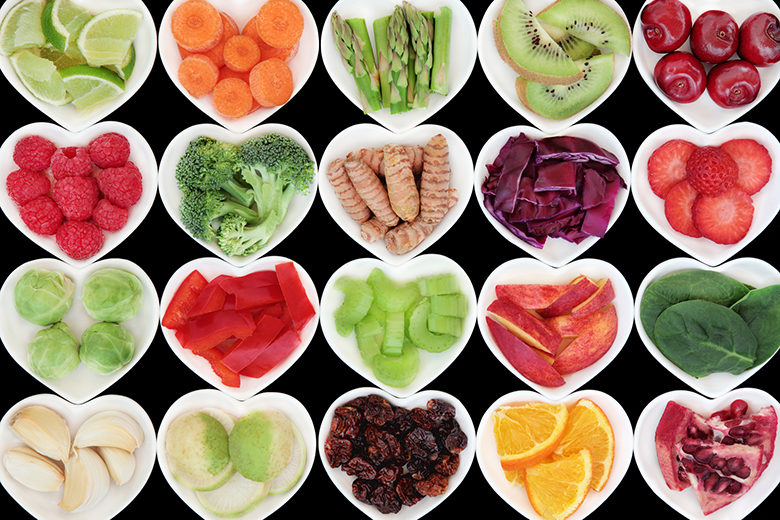
If you're thinking of improving your eating habits for the New Year, you're halfway there. But, you're forgetting a crucial part: your gut!
There's a good reason our gut and the bacteria living in our gut, called our microbiota (the sum of which makes up our microbiome), are such an important factor in our overall health. We actually have four to 10 times more bacterial cells living inside of us than we do human cells — we're more microbiome than human! ![]() All of that bacteria do everything from aiding in digestion and producing enzymes that break down food to regulating metabolism, fighting pathogens and boosting immunity.
All of that bacteria do everything from aiding in digestion and producing enzymes that break down food to regulating metabolism, fighting pathogens and boosting immunity.
Our microbiota do not always stay the same, though, and not all bacteria are created equal. Whatever we put into our bodies affects — for better or for worse — which bacteria thrive in our gut. If you feed your gut sugary foods, harmful bacteria will thrive, potentially leading to low-grade inflammation and more serious chronic diseases such as diabetes and obesity. Feed it fiber in the form of vegetables and whole grains and your good bacteria will start to work for you. The good news is that it doesn't take long for these changes to occur; after just a few days your microbiota can start changing.
How Do We Start Helping Our Own Good Bacteria?
It all comes down to prebiotics (the food that feeds the microbiota) and probiotics (beneficial bacteria strains found in our foods and supplements). Here are some ideas of what to eat to help your gut on the road to health. ![]()
- Fruits and Vegetables
A diet rich in vegetables, fruit and legumes will be high in dietary fiber and polyphenols, which offer fuel to bacteria in the form of prebiotics. - Fermented Foods
These foods contain strains of beneficial bacteria that can positively affect your microbiota. Look for yogurt and kefir made with "live active cultures," sauerkraut, kimchi, tempeh and raw vinegar. - Garlic and Leeks
Not often thought of as a source of beneficial nutrients, garlic and leeks contain a natural source of the prebiotic inulin. - Probiotic Supplements
Taking a probiotic supplement that contains several different strains of bacteria — especially during or after using an antibiotic — can help recolonize the digestive tract with beneficial bacteria. Look for a probiotic with 2 to 10 billion parts per million for digestive maintenance and take it daily on an empty stomach.


